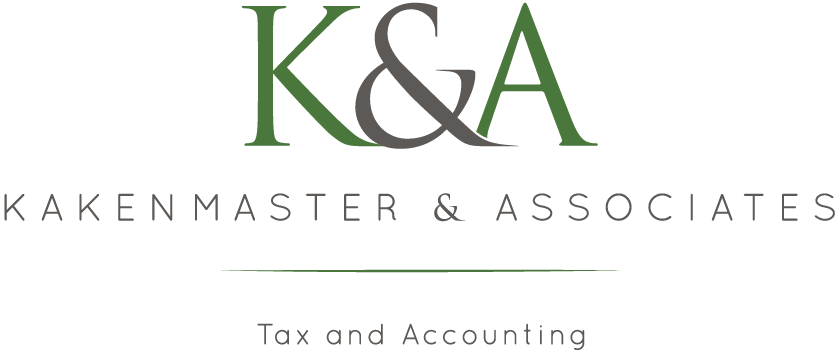Resources For Individuals
Economic Impact Payments
This week, the Treasury Department and IRS announced that distribution of economic impact payments (stimulus payments) will begin in the next three weeks
The IRS also released a FAQ regarding economic impact payments. It is available to review on their website: Economic impact payments: What you need to know
Economic impact payments will be distributed as follows:
Direct deposited into the account you have previously provided on your tax return.
If you have not provided direct deposit information on your tax return, you will be able to provide your banking information online via a secure portal on IRS.gov, which will be available in mid-April.
If the IRS does not have your direct deposit information, a check will be mailed to the address on file.
Scams on the Rise Due to Economic Impact Payments
There has been an increase in fraudulent calls and phishing scams aimed to obtain personal information in conjunction with the distribution of economic impact payments. Fraudsters are posing as the IRS or US Government and requesting bank account details and other personal information. As a reminder, the IRS will never call, email, or text a taxpayer. Nor will they reach out via social media.
The IRS also reminds retirees who don't normally have a requirement to file a tax return that no action on their part is needed to receive their economic impact payment.
Click here to read the full article on the IRS website.
Unemployment Benefits
The stimulus package includes $260 billion in expanded unemployment benefits. Many who normally would not be eligible to receive unemployment benefits (self-employed, part-time workers, independent contractors, and freelancers) are able to apply.
In addition, under normal circumstances individuals aren’t eligible if they voluntarily leave or if they quit their jobs. Now, those under doctor-ordered quarantine; diagnosed with or caring for a spouse, parent or child with COVID-19; under government-imposed or government-recommended quarantine; and those who lost childcare and had to leave work as a result are eligible to apply.
Employees who can work from home, those receiving paid sick leave or paid family leave, and new entrants to the work force who cannot find jobs are not covered.
The plan provides benefits in addition to those offered by your state:
An extra $600 a week, which will last for up to four months, covering weeks of unemployment ending July 31.
An additional 13 weeks of coverage. Participants in states with 26 weeks, such as Illinois, would be eligible for a total of 39 weeks. The total amount cannot exceed 39 weeks, but it may be shorter in certain states.
The Illinois Department of Employment Security (IDES) offers the following FAQs which are helpful in determining if you qualify to apply: COVID-19 and Unemployment Benefits.
If you believe you qualify, please contact IDES. Due to the high volume of claims being submitted, IDES has implemented a schedule for those filing claims online and over the phone, which is available on their website.
Resources For Businesses
Commercial Insurance
In order to help our business clients manage their cash flow and not pay more for insurance premiums than necessary, we ask that you email us at general@LibertyvilleIns.com to let us know that your business has had a significant reduction in sales and payroll. We will then contact you to get current sales and payroll amounts so we can adjust your policy accordingly.
CARES Act – Payment Protection Program and Other Programs Available to Small Businesses
The U.S. Senate Committee on Small Business & Entrepreneurship has created a guide to help small business owners and entrepreneurs understand the new programs available under the CARES Act. Please use the link below to access the Guide.
The Small Business Owner’s Guide to the CARES Act
The Paycheck Protection Program is a key feature of the Act with the goal of incentivizing small businesses, including nonprofits, veteran organizations, sole proprietorships, independent contractors, and eligible self-employed individuals to maintain their level of payroll during the COVID-19 emergency.
Starting tomorrow, April 3, 2020, small businesses and sole proprietorships can apply. Starting April 10, 2020, independent contractors and self-employed individuals can apply. Employers who meet the criteria to participate are encouraged to act quickly because there is a funding cap.
You should consult with your lender as to whether it is participating in the program. A list of participating lenders, as well as additional information and full terms can be found at www.sba.gov.

